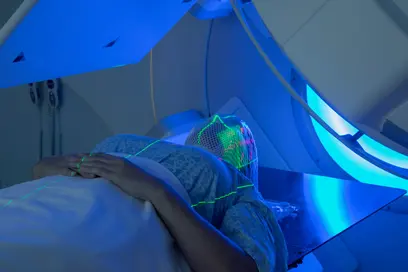Mediated and supported by BioRN, the Life Science Cluster Rhein Neckar, beLAB2122 for the first time brings together the European Molecular Biology Laboratory (“EMBL“), the German Cancer Research Center (DKFZ), the Goethe University Frankfurt, Heidelberg University and the University of Tübingen in one collaboration with industry partners. Evotec's BRIDGE (Biomedical Research, Innovation & Development Generation Efficiency) collaborations provide an integrated fund and award framework to validate exciting academic projects in collaborations with pharma and funders which may lead to the formation of jointly owned new companies. Since 2016, Evotec has established several BRIDGE collaborations with a variety of academic, pharma, and venture capital partners across Europe and North America.
Evotec launches beLAB2122 in cooperation with Bristol Myers Squibb, Evotec's long-standing collaborator in drug discovery across several therapeutic areas. Together the sponsors intend to tap into Europe's foremost academic clusters of excellence in the life sciences, both validating and advancing innovative research in therapeutics and related technologies from academia to enable the formation of new, collectively owned spin-out companies.
“For DKFZ, a major goal is to foster transfer of our excellent research into highly innovative applications that benefit cancer patients worldwide. The beLAB2122 collaboration is a major step in gaining critical mass and speed together with other scientific and commercial leaders to achieve that goal,“ says Rainer Wessel, Chief Innovation Officer of the DKFZ.



